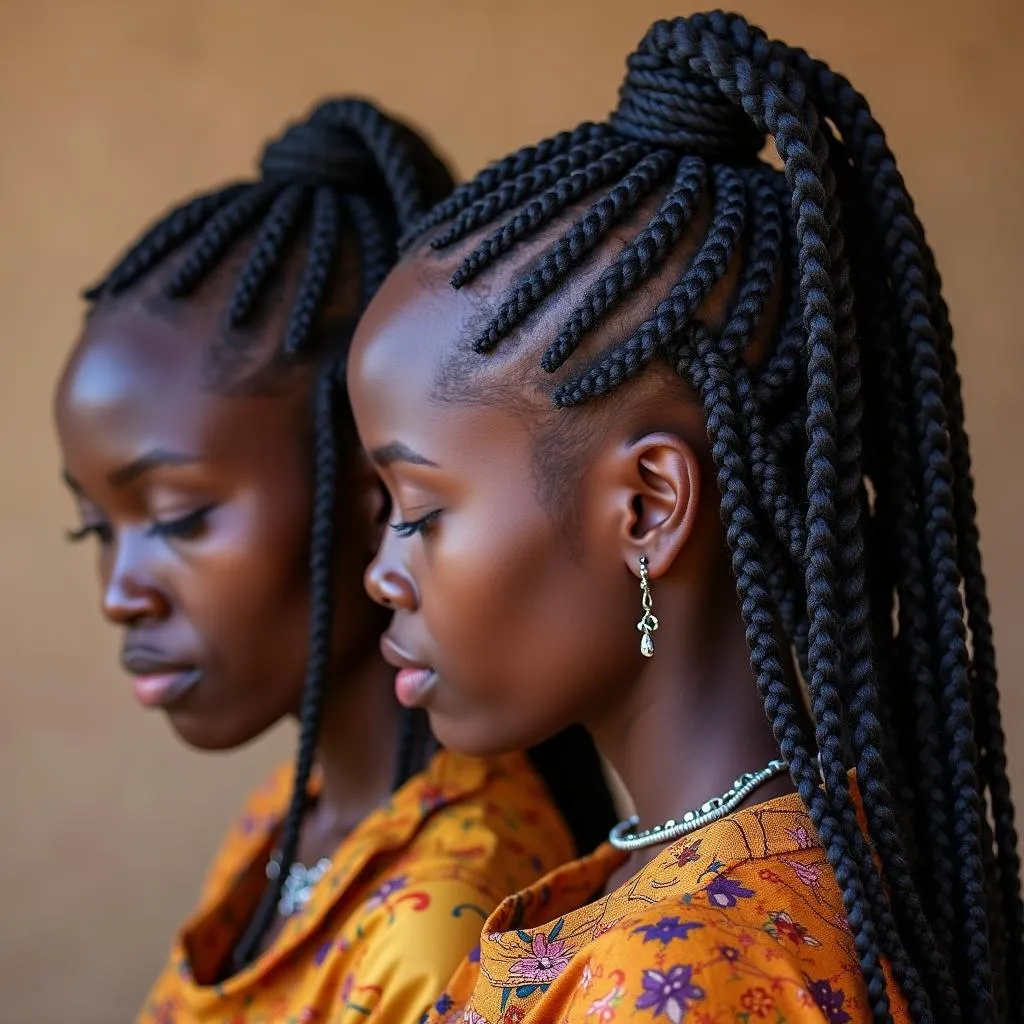The Power of African American Monologues: Exploring Identity, History, and Culture
African American Monologues have long been a powerful tool for exploring the complexities of Black identity, history, and culture. These powerful pieces of writing offer a unique window into the lived experiences, struggles, triumphs, and aspirations of Black people, providing audiences with a deeply moving and insightful look into their world.
What Are African American Monologues?
African American monologues are dramatic pieces of writing intended to be performed by a single actor. They often delve into the personal stories, thoughts, and emotions of Black characters, offering audiences a glimpse into the diverse range of experiences within the African American community.
The Historical Context of African American Monologues
The roots of African American monologues can be traced back to the early days of the Black theater movement in the United States. As Black artists sought to create their own spaces for expression and representation, they turned to the power of monologues to tell their stories.
“African American monologues are a vital part of our cultural legacy, showcasing the voices of a people who have long been silenced.” – Dr. Maya Lewis, Professor of African American Studies
Thematic Diversity in African American Monologues
African American monologues encompass a vast range of themes, reflecting the richness and complexity of Black experiences. Here are some common themes you might find in these pieces:
- Race and Racism: Monologues often explore the realities of systemic racism, discrimination, and the struggle for equality.
- Identity and Belonging: They delve into the complexities of navigating identity in a society that often defines individuals by their race.
- Family and Community: Monologues frequently explore the importance of family, community, and the bonds that connect Black people.
- Love, Loss, and Resilience: They showcase the strength and resilience of Black people in the face of adversity and loss.
- History and Legacy: Monologues often revisit historical events, highlighting the contributions and struggles of Black people throughout history.
The Impact of African American Monologues
African American monologues have had a profound impact on theater, literature, and society. They have:
- Amplified Black Voices: Monologues have given voice to Black experiences, ensuring that their perspectives and stories are heard.
- Promoted Understanding and Empathy: They have fostered greater understanding and empathy between different racial groups.
- Inspired Social Change: Monologues have fueled social movements and activism, sparking conversations and challenging societal norms.
- Preserved Black History and Culture: They have documented and preserved the rich history and culture of the African American community.
Finding and Using African American Monologues
If you’re interested in finding and using African American monologues, there are several resources available:
- Anthologies: Look for anthologies specifically dedicated to African American monologues.
- Playwrights: Explore the works of Black playwrights, many of whom have written powerful monologues.
- Online Databases: Several online databases and repositories house collections of African American monologues.
- Theater Companies: Contact local or national Black theater companies for recommendations and access to scripts.
Conclusion
African American monologues are a powerful force in our world, providing a platform for Black voices to be heard, for stories to be told, and for understanding and empathy to grow. As you explore these powerful pieces of writing, remember the impact they have had on theater, literature, and society, and the importance of continuing to amplify Black voices through this art form.
FAQ
1. What makes African American monologues unique?
African American monologues are unique in their focus on the lived experiences, struggles, triumphs, and aspirations of Black characters, offering a deeply personal and authentic perspective.
2. Are there any specific African American playwrights known for writing monologues?
Yes, several Black playwrights have written powerful and impactful monologues, including August Wilson, Lorraine Hansberry, Ntozake Shange, and Lynn Nottage.
3. How can I learn more about the history of African American monologues?
You can learn more about the history of African American monologues by researching the Black theater movement, exploring the works of influential Black playwrights, and reading articles and books on the subject.
4. What is the significance of African American monologues in contemporary society?
African American monologues continue to be relevant and significant in contemporary society by providing a platform for Black voices to be heard, for stories to be told, and for promoting understanding and empathy.
5. How can I use African American monologues in my own work or performance?
You can use African American monologues by researching and selecting pieces that resonate with you, practicing and developing your performance skills, and being respectful of the stories and experiences they portray.
6. Where can I find a collection of African American monologues online?
You can find a collection of African American monologues online through online databases and repositories, such as the African American Literary Archive at the University of Pennsylvania or the Digital Public Library of America.
7. What are some examples of famous African American monologues?
Some famous examples of African American monologues include “The American Crisis” by August Wilson, “The Great Depression” by Lorraine Hansberry, and “For Colored Girls Who Have Considered Suicide When the Rainbow is Enuf” by Ntozake Shange.


